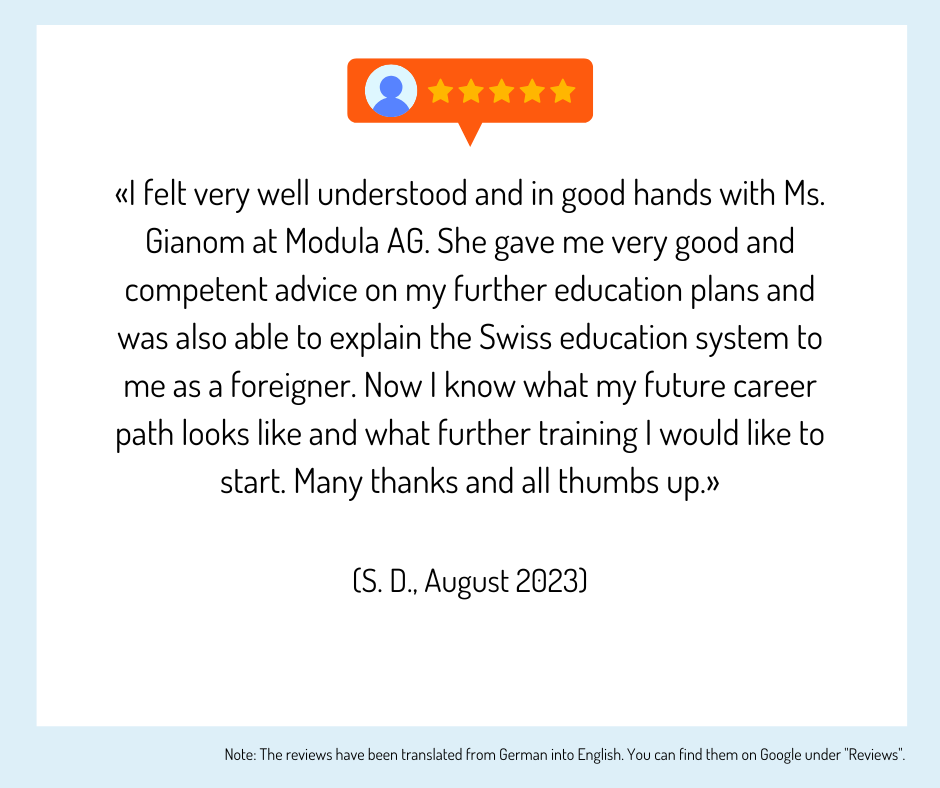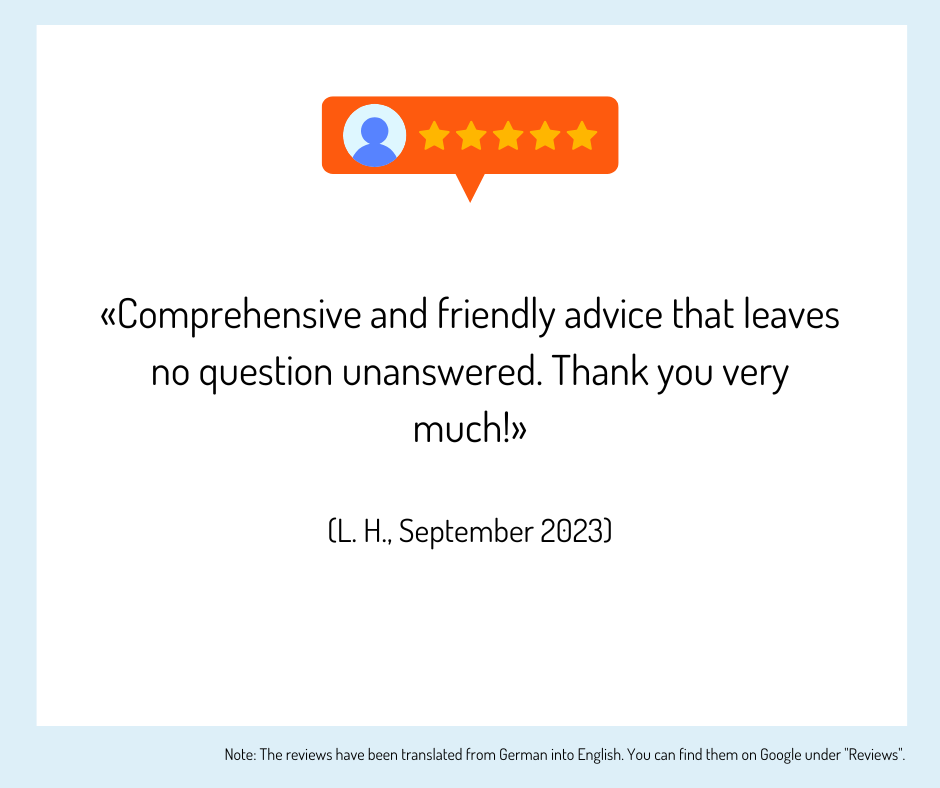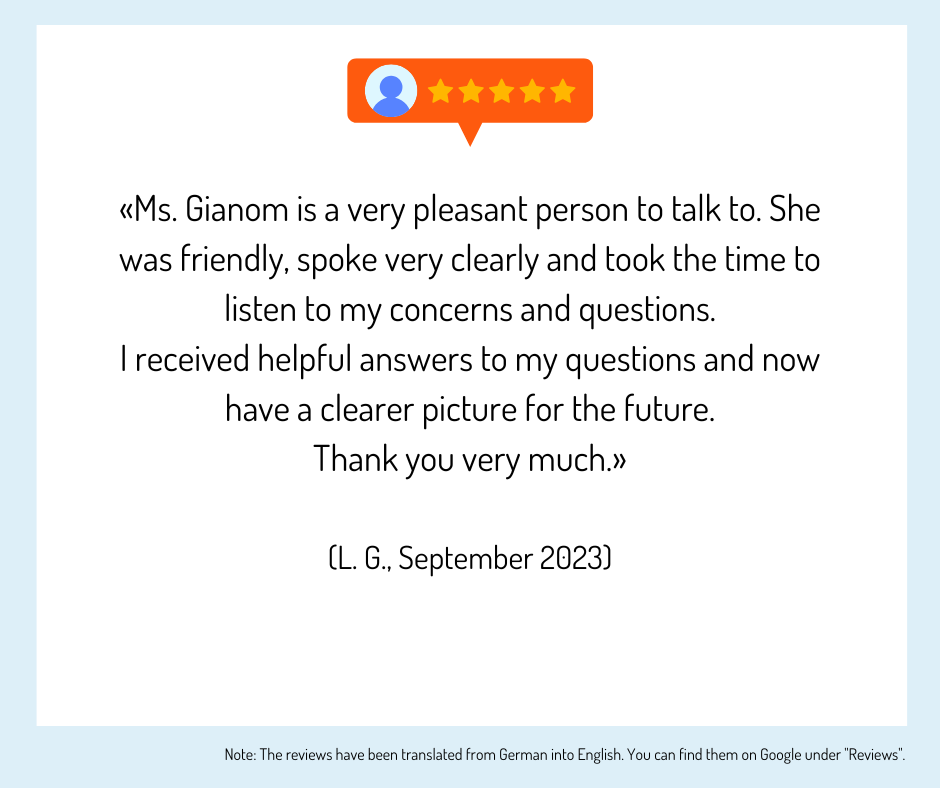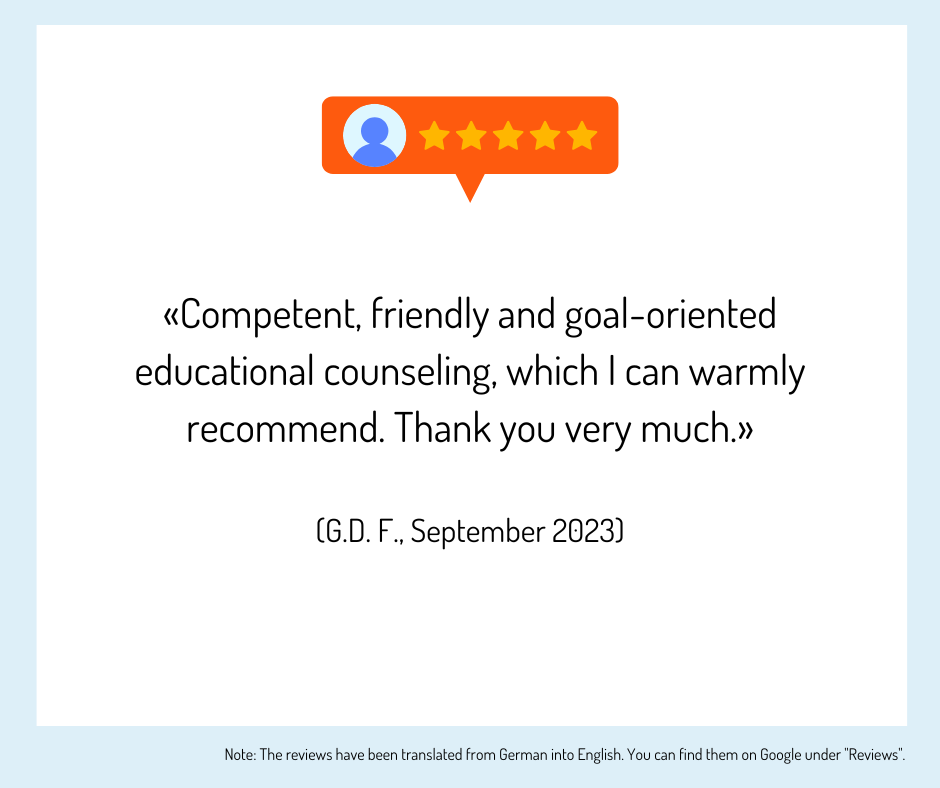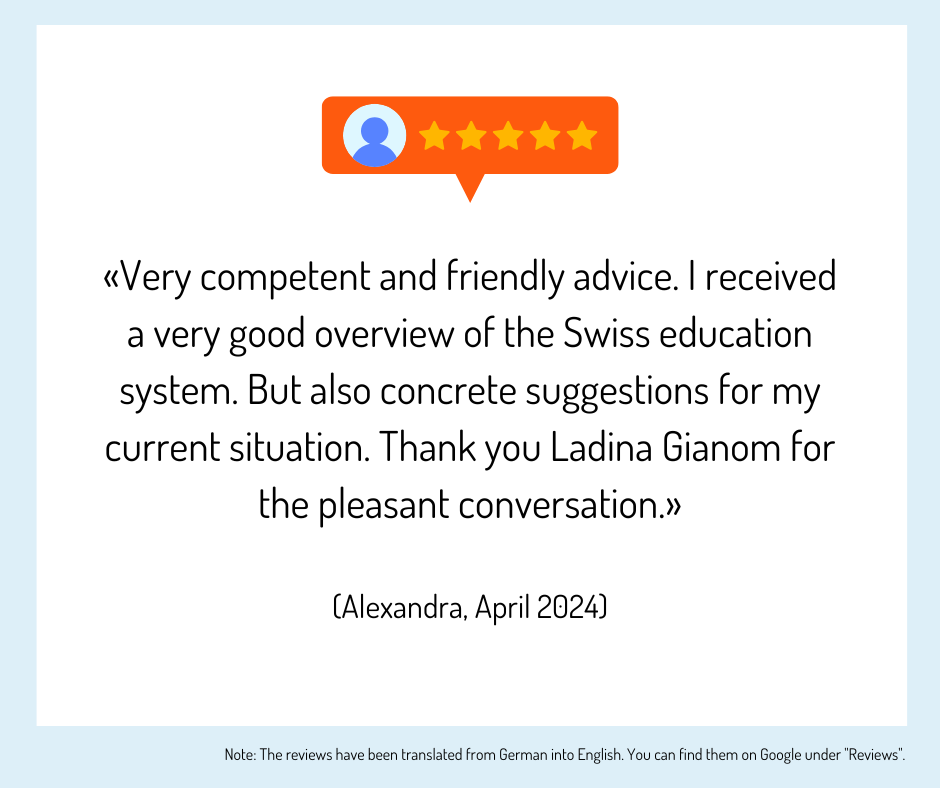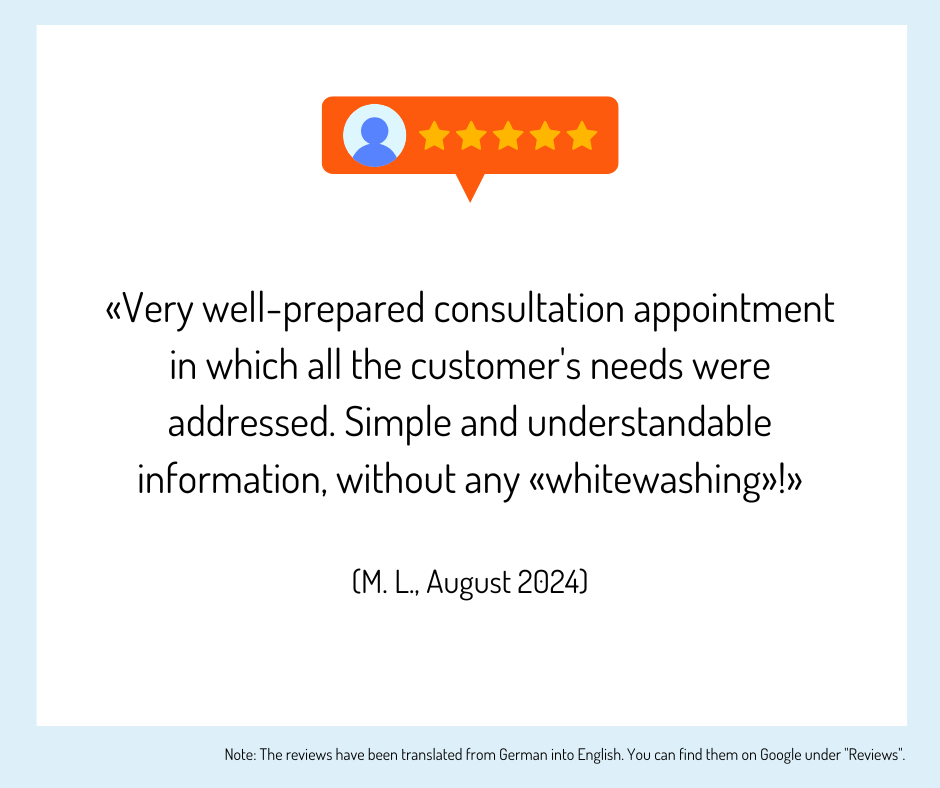Sugaring (Cert.) (Region Basel):
1 Provider
Request convenient free information on Sugaring course: education, training, hair removal training from the providers of your choice below now.
Sofort zur richtigen Weiterbildung
Education location / Schools Basel
Questions and answers
What does a sugaring course involve?
A sugaring course teaches both theoretical and practical skills relating to hair removal with sugar. Depending on the level of training and course provider, it is also possible to practise on private models or directly on customers. It provides a professional basis for practicing sugaring and is therefore of central importance for employees in a beauty salon, the self-employed or even ambitious private individuals.
Depending on the provider, different topics are covered in a sugaring course. As a rule, the correct preparation of the sugaring mixture, as well as the corresponding technique, hand movements, work process, material, hygiene and comfort are covered.
Sugaring what is it?
Sugaring is an ancient, natural hair removal method originating from the Orient, which Cleopatra is said to have practiced.
Halawa, a honey-like sugar paste made from water, lemon juice and sugar, is applied to the desired areas of the body.
How does sugaring work?
The lukewarm sugar paste is applied to the desired areas of the body for hair removal using your fingers, a honey spoon or a so-called spatula, i.e. a kind of flat, handy scoop. Due to its thick consistency, the paste can be applied to practically any part of the body.
The honey-like mass is then removed again with isolated, jerky movements in the direction of hair growth. This prevents small hairs from breaking off easily and also achieves thorough hair removal. No additional material such as strips of paper or cloth is required for this, which can be a key environmental aspect.
How can I do sugaring myself?
All you need to make the sugaring paste is sugar, lemon juice and water.
To do this, place the ingredients in a pan and heat over a medium heat. Constantly stirring the mixture prevents the sugar from sticking and burning. This is crucial for the sticky and chewy consistency of the paste. Once the liquid mixture has thickened to a honey-like golden yellow color and consistency after a few minutes, it can be cooled in a preserving jar or other suitable container.
Which sugaring recipe or instructions are used to prepare the paste is an individual and personal decision that often requires a lot of patience until the right proportions are found.
If you don't want to "sugar" yourself at home, sugar paste can also be purchased from retailers, specialist stores, beauty salons or drugstores in various price categories.
What is the difference between sugaring and waxing?
Sugaring and waxing are both methods of hair removal in which the hair and hair roots are removed. Regular treatment leads to finer, fewer and slower hair regrowth over time.
The competition between sugaring vs. waxing can be argued on the basis of various points:
- Material: Sugaring is practiced using a thick, sticky mixture of natural and chemical-free ingredients such as sugar, water and lemon juice. Cold, warm or hot wax is used for waxing.
- Pain: In contrast to waxing, the sugar paste in sugaring only sticks to the hair and not to living skin cells, which promises a practically pain-free application.
- Skin irritation: Unlike waxing, sugaring removes the sugar paste in the direction of hair growth, which means fewer hairs are broken off. Ingrown hairs should also occur less frequently, which prevents skin irritation.
- Effort: Sugaring is somewhat more time-consuming than waxing. This means that only small sections can be depilated beforehand.
- Thoroughness: Wax sticks to the hairs comparatively better than sugar, which is why sugaring can result in areas that have already been "sugared" having to be treated repeatedly.
Who is sugaring suitable for?
The combination of all-natural ingredients (sugar, water and lemon juice), the comparatively easy removal of the paste from the skin, as well as the tearing movement in the direction of hair growth offer efficient yet gentle hair removal that is gentle on the skin and practically irritation-free.
The lemon juice in the sugaring mixture has a protective and preservative effect. Sugar is also said to have antibacterial properties and have a healing effect on skin infections. The glycolic acid contained in the sugar is also said to protect against dehydration, which promises supple skin. By removing dead skin cells and thus preventing the ingrowth of small hairs, the paste acts as a kind of peeling.
These properties make the sugaring method particularly popular. It is therefore suitable for
- For people who are sensitive to pain
- For every skin type
- For people with spider veins
- For people with allergies
- For hair removal on sensitive skin areas such as the face or genital area
However, people who suffer from neurodermatitis or those with scars should continue to be cautious and seek information and professional advice from an appropriate specialist, dermatologist, family doctor or directly from a beauty salon.
Erfahrungen, Bewertungen und Meinungen zur Ausbildung / Weiterbildung
Haven't found the right training or further education yet? Benefit from educational advice now!
Further training is not only important in order to maintain or increase professional attractiveness, investing in training or further training is still the most efficient way to increase the chances of a pay rise.
The Swiss education system offers a wide range of individual training and further education opportunities - depending on your personal level of education, professional experience and educational goals.
Choosing the right educational offer is not easy for many prospective students.
Which training and further education is the right one for my path?
Our education advisory team will guide you through the "education jungle", providing specific input and relevant background information to help you choose the right offer.
Your advantages:
You will receive
- Suggestions for suitable courses, seminars or training programs based on the information you provide in the questionnaire
- An overview of the different levels and types of education
- Information about the Swiss education system
We offer our educational counseling in the following languages on request: French, Italian, English
Register now and concretize your training plans.
